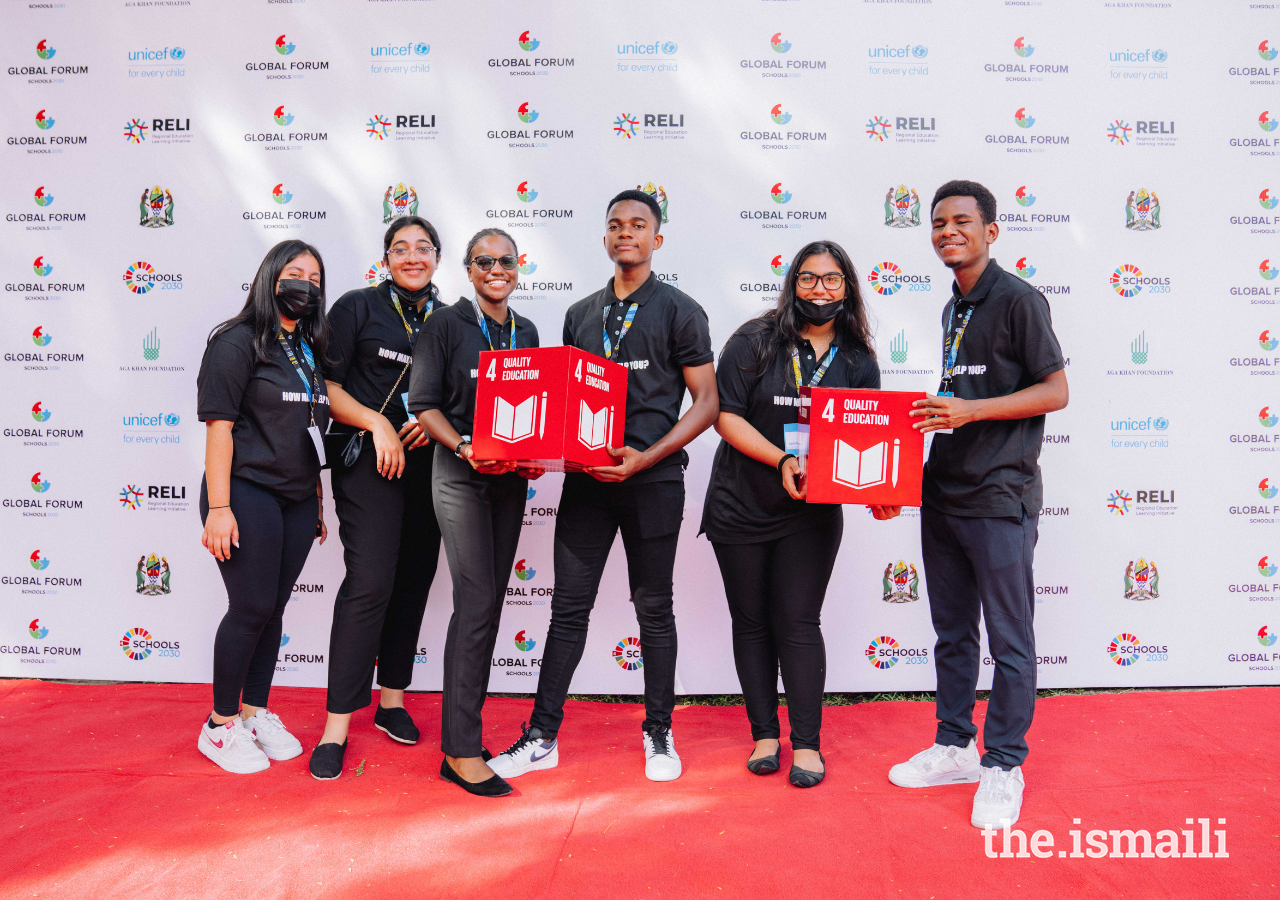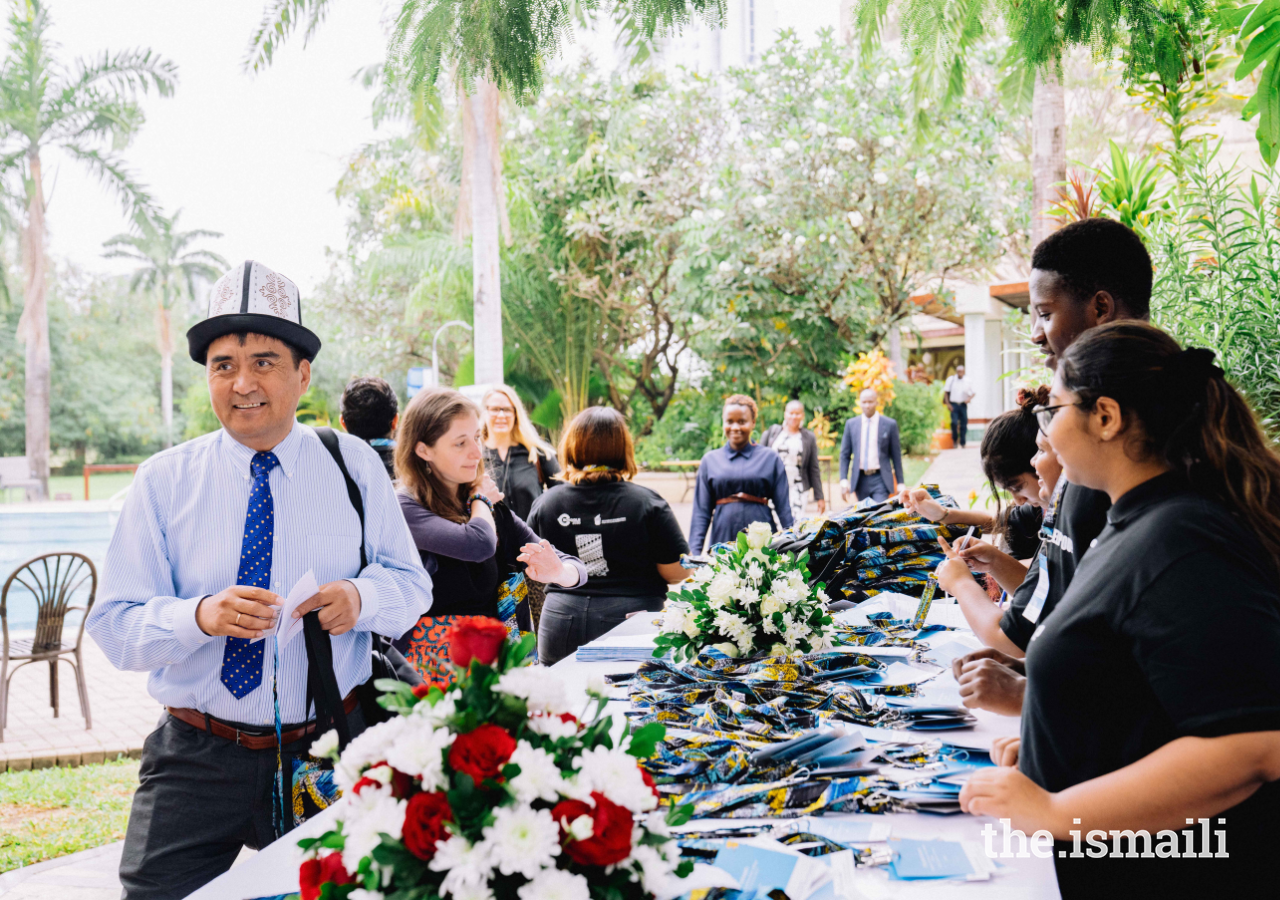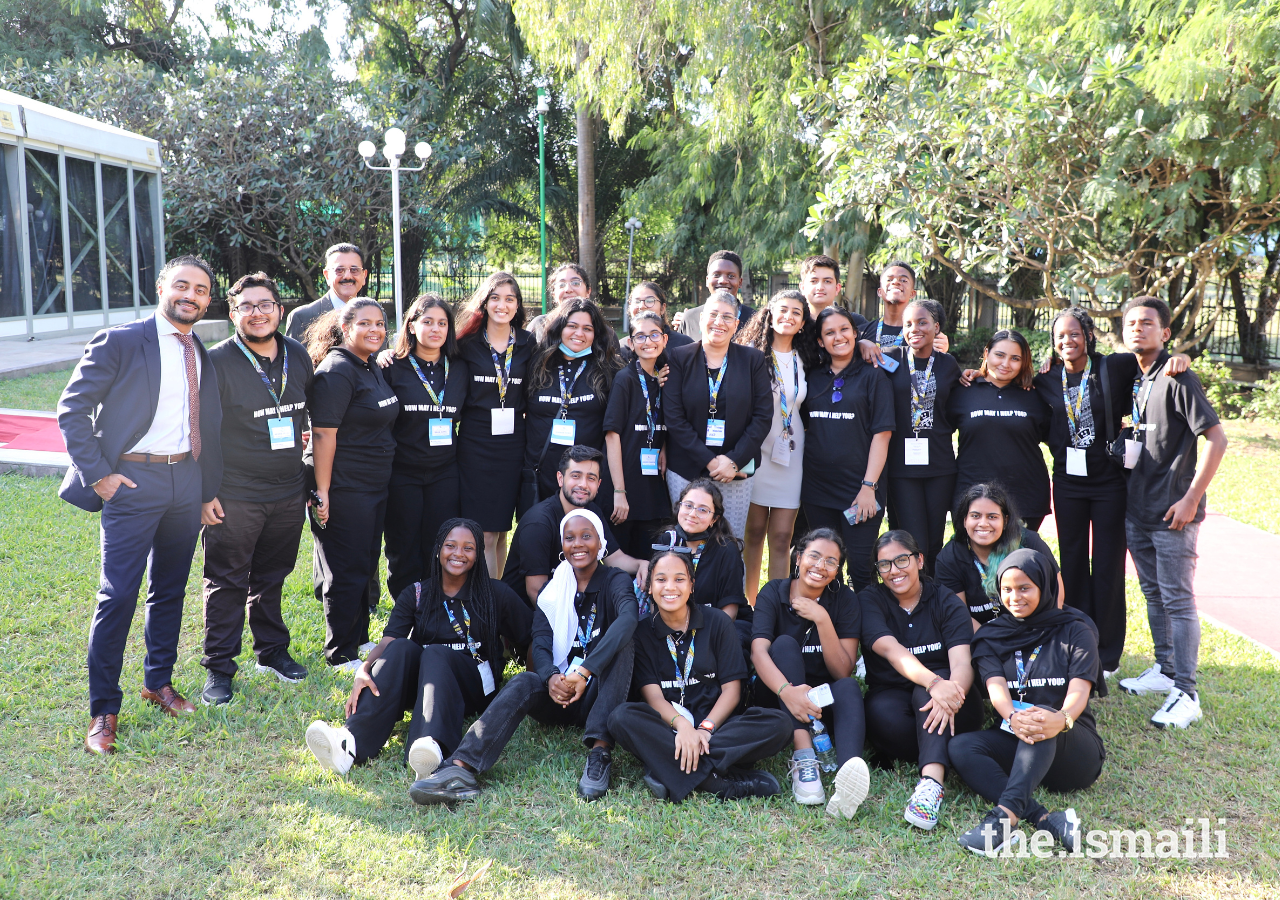This Summer, the inaugural Schools2030 Global Forum was held in Tanzania, and brought together representatives from the government and the education sector, business and civil society leaders, schools, and community representatives. The forum aimed to change mindsets on education reform and ensure that key stakeholders, namely teachers and schools, are valued as a key part of the conversation.
Schools2030 is a global initiative that began in 2020. It is a ten-year participatory learning improvement programme based in a thousand government schools across ten countries: Afghanistan, Brazil, India, Kenya, Kyrgyzstan, Pakistan, Portugal, Tajikistan, Tanzania, and Uganda. Focusing on the transition years of ages five, ten, and fifteen years old, the initiative supports teachers and students to design and implement education micro-innovations, meaning they support schools to create powerful change in small, unique ways.
The global initiative works alongside several partners and is led by the Aga Khan Foundation (AKF). AKF not only leads programme implementation, but also provides technical expertise and financial resources that support education innovations and improve learning outcomes for marginalised groups all over the world. Among other areas, AKF seeks to improve the quality of life by supporting access to quality education.
The Schools2030 Global Forum was co-hosted by AKF and its partners UNICEF, the Regional Education and Learning Initiative (RELI), and the Government of Tanzania. Over the three days, many facets of education reform were explored, including: giving teachers the right tools to measure what matters in their classroom; promoting holistic skills like creativity, empathy and leadership; how schools can be supported to design practices and strategies that will improve learning outcomes; and how the things that work at school level can be applied at policy level to change practices globally.
Members of the Jamat in Tanzania had a chance to volunteer at the event, and took the opportunity to continue our community’s long tradition of volunteering for the greater good. In the recent past, Ismaili volunteers have supported many public events across the globe, including the Olympics, various marathons and sports events, global welfare conferences, and have offered aid to survivors of natural disasters and more.
We asked some of the Ismaili volunteers in Tanzania about their experiences supporting the Schools2030 Global Forum.
“It felt very interesting to sit at a conference where people value and want to make a difference in the education sector,” said Fatma Bhaloo. “I learned how education can be modified, I learned about how education can be structured in such a way that the students learn as efficiently and as comfortably as possible.”
Volunteer Iliyan Gilani reflected on his time as a ‘unique experience’ to be able to gain the skills he learnt at the conference. “I learned how to critically manage my time and be as attentive as possible in order to fulfil all the tasks given to me,” he said.
Sara Rafiq Gilani described the experience as ‘amazing’ as she volunteered as a marquee usher. “I really loved to work with so many people and learnt so much about teachers and their continuous efforts to make sure students get a conducive and creative environment to learn,” said Sara.
The Schools2030 initiative collaborates with ten national governments, six global technical partners (including in research and design), one thousand schools, fifty-thousand teachers, and five hundred thousand learners.
Education is a fundamental human right. Everyone – every child and every young person should have access to quality education, regardless of where they live. Learning about subjects beyond the four walls of the classroom is also important, to ensure awareness of equality, diversity and pluralism. Schools2030 plays an important role here, since education changes people and people change the world.










